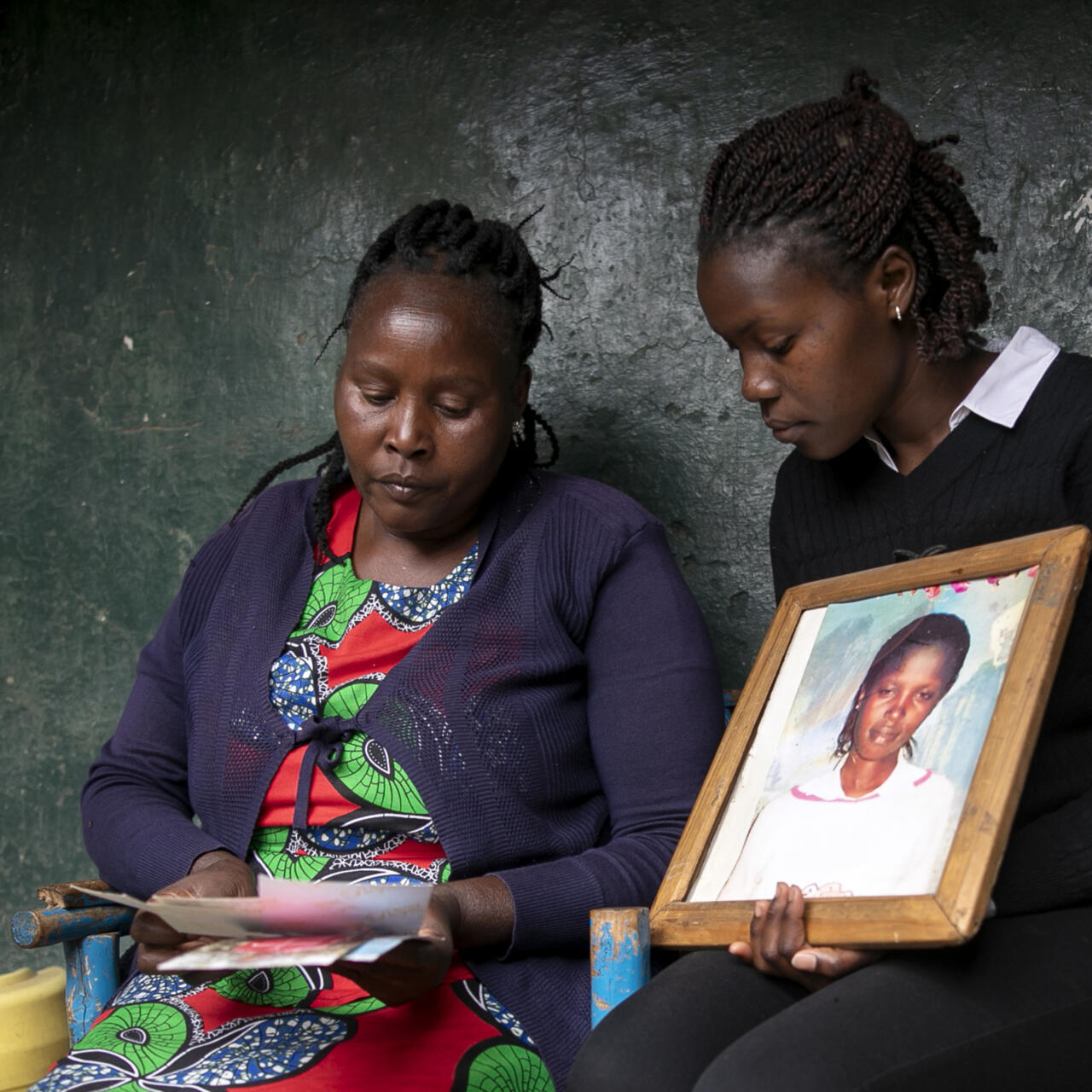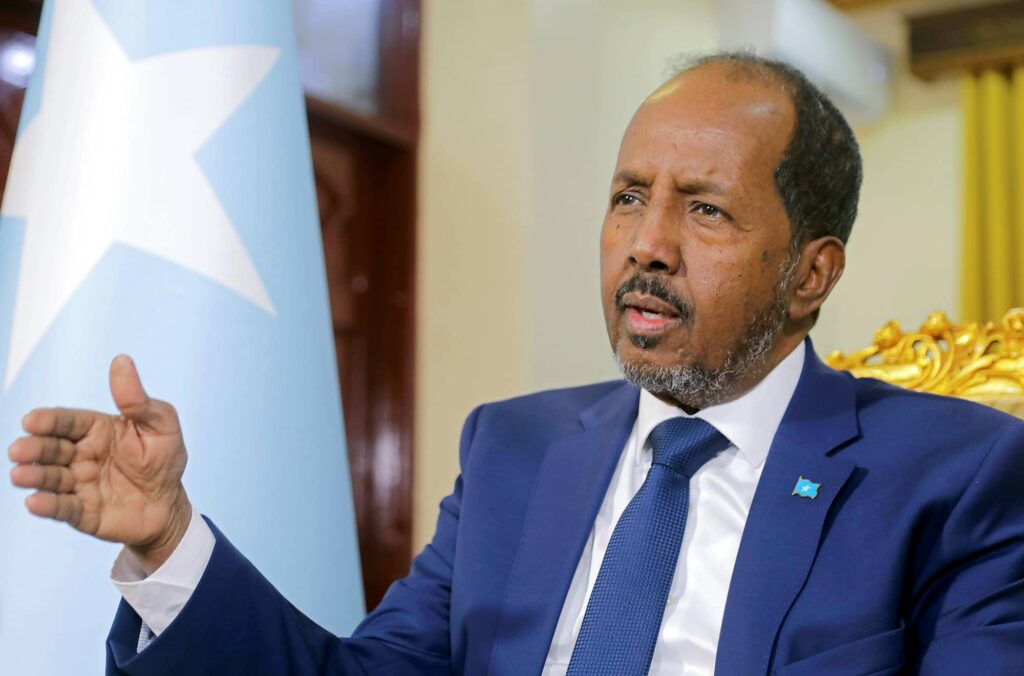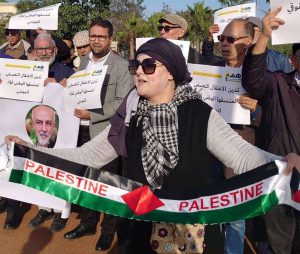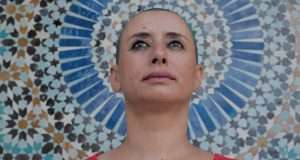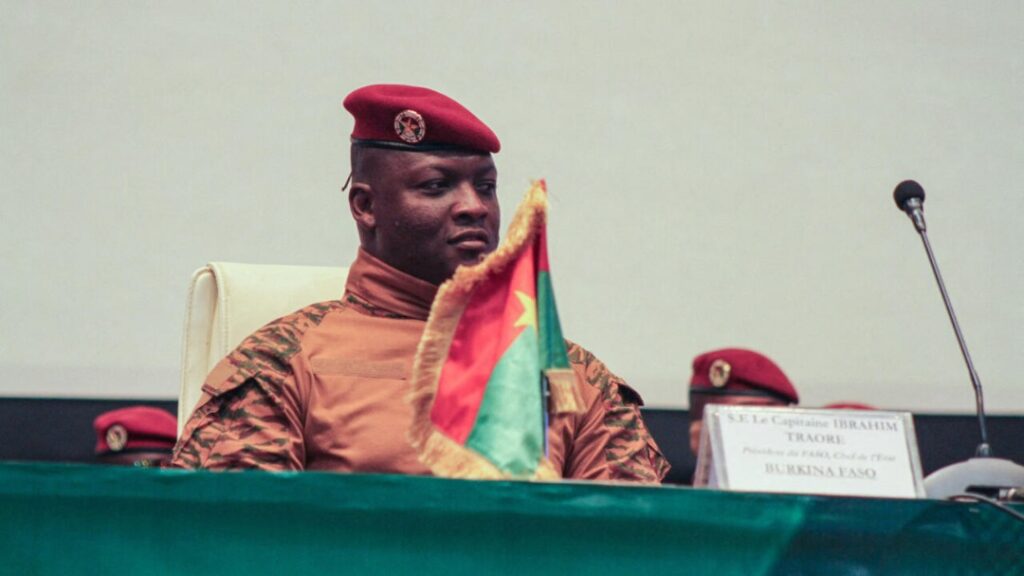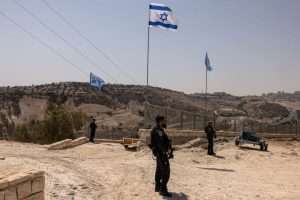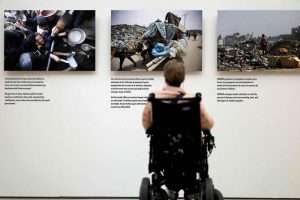Egyptian activist released from prison reunites with family

After almost 12 consecutive years in prison, an Egyptian activist has finally been released from prison after being granted a pardon by the country’s President, Abdel Fattah El-Sisi, according to BBC News, September 23.
Alaa Abdel Fattah, a 43 year old British-Egyptian activist, is one of the country’s most well-known political prisoners.
Abdel Fattah rose to prominence following the Arab Spring revolt in the country, becoming well-known for his activism.
A pro-democracy activist, the blogger has spent the past 6 years on the inside of an Egyptian prison cell, now, finally, his release means his family are able to embrace him once more. In a video circulating online, Abdel Fattah’s joy is evident in his smile as he celebrates his release with his mother Laila Soueif and sister Sanaa Seif.
Another of his sisters, Mona Seif commented how she hoped the release of political prisoners would mark the end of “a very dark chapter” under Sisi’s government, saying that her brother Abdel Fattah’s release was a “moment of collective hope.”
Meanwhile, the UK government who has been pressuring the Egyptian government to release the 43 year old, weighed in, with Foreign Secretary Yvette Cooper expressing her delight with the decision.
“We look forward to Alaa being able to return to the UK, to be reunited with his family,” the Foreign Secretary said, noting that she was “grateful to President Sisi for this decision.”

Late on the night of September 22, Abdel Fattah walked out of Wadi al-Natrun prison, where he then travelled to his mother’s apartment in Giza, reuniting with his family who fought tirelessly for his release.
Laila Soueif , his mother, launched an extended hunger strike to secure his release in September 2024, lasting 287 days and only stopping due to doctors advising her that she must. Now that his freedom is secured, she said “I can’t even describe what I feel.”
Although Mrs Soueif is glad to have her son back, her thoughts still lay with others who have been wrongfully imprisoned in Egypt, commenting that “our greatest joy will come when there are no [political] prisoners in Egypt.”
Around 29 people have been arrested in 2025 for content that have posted online, including a child. Egyptian morality police claimed that some of these videos were excessive and a “violation of public morals,” for content such as belly dancing videos.
His sister Mona, speaking in an interview she gave to BBC Radio 4 in the UK on September 23 described the feeling she was “impatiently waiting for the time to come and preparing to go to the airport to take the plane and go see Alaa”.
She discussed the long prison sentences Abdel Fattah has experienced in the previous decade, with much of his time being spent imprisoned for his beliefs, and daring to share critical perspectives:
“It has been the longest 12 years of this madness, and nightmare and heartache, and also journey full of love and ups and downs. And now Alaa is out, Alaa is free, Alaa is home.”
Abdel Fattah’s activism notably began in 2011, during the Arab Spring uprising in Egypt that ousted the then long-time President Hosni Mubarak, forcing him to resign from office.
His time in prison began after 2014, however, when the now President Abdel Fattah El-Sisi overthrew the democratically elected Muslim Brotherhood leader Mohammed Morsi in a military takeover, a move which followed anti-government protests.
in 2015 Abdel Fattah was arrested and sentenced to 5 years in prison for his participation in what was called an ‘unauthorised protest.’ Having served the majority of his sentence, he was released on probation, however, he was then arrested just 6 months later, being held in pre-trail detention for 2 years.
This is where his most recent prison sentence began for “spreading false news,” with an Egyptian court sentencing him to another 5 years, arguing that his 2 years of pre-trial detention should not be considered as part of his time served.
The supposed crime he had committed, the ‘spreading of false news,’ was the result fo a post he had shared on facebook of a prisoner being tortured to death. This is not an unprecedented accusation to make in Egypt, with a prisoner dying from medical negligence earlier this year, Egyptian prisoners are widely known to live in uncomfortable and dangerous conditions often described as ‘abusive.’
In August 2025, even a lawyer was sentenced to prison time for discussing the prison system in the country as well as Gaza.
According to various human rights groups, President Sisi has imprisoned tens of thousands since coming to power, in what they say is an unprecedented punishment of dissent.
Alaa Abdel Fattah gained British citizenship in 2021, however, at no point was he permitted consular visitation by British diplomatic staff, regardless of his citizenship status, throughout his prison sentence.
Alaa Abdel Fattah has long had international attention on his case, with the UN Working Group on Arbitrary Detention confirming in May 2025 to say that he had been arrested and imprisoned for exercising his freedom of expression, noting that the authorities had failed to give him a fair trail, and that he was kept in jail for his political opinions.
In response, the Egyptian government insisted that Alaa Abdel Fattah had indeed received a fair trail, and that his sentence would be completed in 2027. Thankfully for his family, he has indeed been released from prison after receiving a presidential pardon.
Although, it is important to note that his release was not a guarantee, with Abdel Fattah’s mother and sister-who had gone to collect him at the Wadi al-Natrun prison complex-being told that he may not be released that day.
The series of events which led to his release are in part, rather surprising, and partly, the result of a crescendo of international, political and geopolitical pressures.
Seemingly out of the blue, two weeks ago President Abdel Fattah El-Sisi ordered that a petition from Egypt’s human rights body, the National Council for Human Rights (NCHR), which appealed for the release of Abdel Fattah alongside six other political prisoners, be investigated. The NCHR said it had submitted the appeal “in light of the humanitarian and health conditions experienced by [their] families,” which was reported on by Maghrebi at the time.
Although this appeal fro the NCHR does not go into detail, it likely refers to Alaa Abdel Fattah’s mother, Leila Soueif, who was admitted to hospital on two separate occasions which was directly related to her hunger strike aimed at securing her son’s release from jail.
Leila Soueif only ended her hunger strike after the UK government assured her that they were doing everything in their power to secure his release. Itis known for instance that the UK Prime Minister Keir Starmer phoned President Sisi on three occasions to lobby for his release.
His sister has praised the international efforts that went into securing her brother’s release, saying that the “enormous solidarity” for the family’s campaign from the UK government, British MPs and global campaign groups were instrumental. However, Mona Seif seems to be under no illusions that it was her mother’s “terrible and terrifying, but also incredible” hunger strike was the final straw that led to the presidential pardon for her brother.
It remains unclear as of yet when Alaa Abdel Fattah will be permitted to leave Egypt, where he plans to move to the United Kingdom and reunite with his now 13 year old son, who lives in Brighton.
Speaking to the BBC, his sister Mona said Alaa “missed all his childhood. He needs to be with Khaled as a teenager, to take Khaled to school, to take Khaled to the beach, to do all the things they have been robbed of the opportunity to do.”
She went on to express the importance of this moment beyond the deeply personal victory her and her family have secured this week, saying that the fight must not stop here, and that many other remain wrongfully imprisoned in Egypt for their opinions and basic freedoms of expression.
“There might be a revision to the state of the thousands and thousands of people who are languishing in prison for years and are waiting for the same kind of happiness, to be reunited with their family.”
The NCHR, the Egyptian body that is reported to have played a part in his release, commented on the moment saying Sisi’s decision to grant the pardon was “a step that underscores a growing commitment to reinforcing the principles of swift justice and upholding fundamental rights and freedoms.”
Meanwhile, the Egyptian human rights lawyer Ahmed Ragheb, hopes that Alaa Abdel Fattah is going to esrve as a landmark moment that will “pave the way for granting amnesty to those who have been sentenced in cases related to freedom of expression.”
Until such time that Abdel Fattah has secured his leave from Egypt, and arrives safely in the UK, Alaa Abdel Fattah will remain in Egypt, where he now has the chance to enjoy more freedoms than at any point in the past 10 years.
Although his legal problems may now be drawing to a close, it is important for his story not to be forgotten, the name Alaa Abdel Fattah now serves as an example to other Egyptian dissidents of what is possible, and reminder that the fight for basic human rights should not be abandoned.
Want to chase the pulse of North Africa?
Subscribe to receive our FREE weekly PDF magazine






